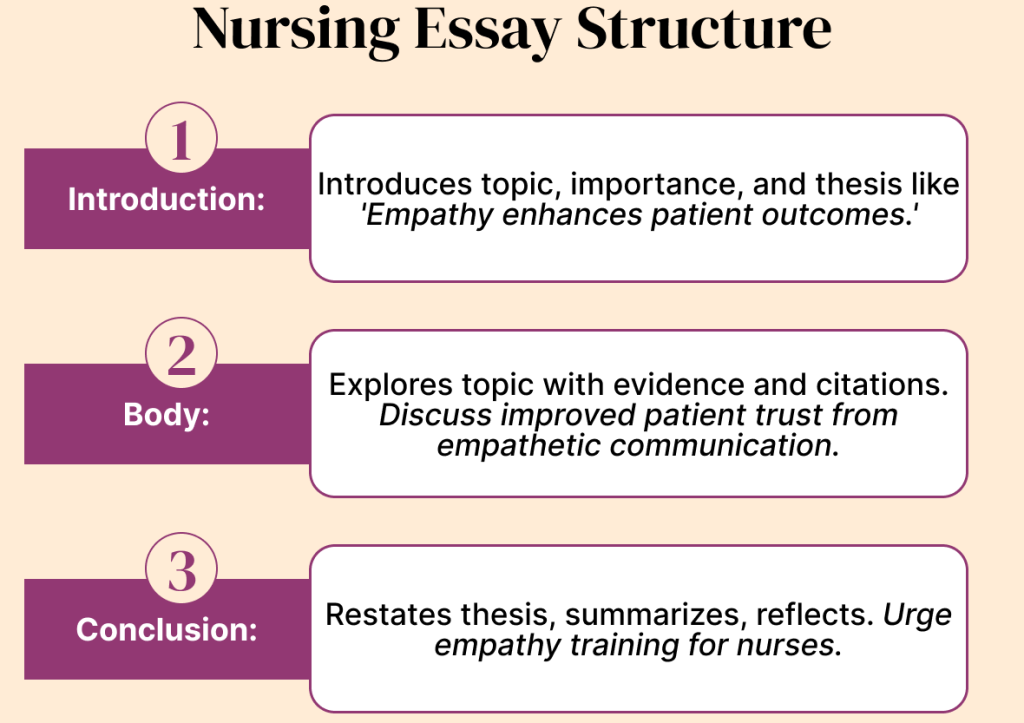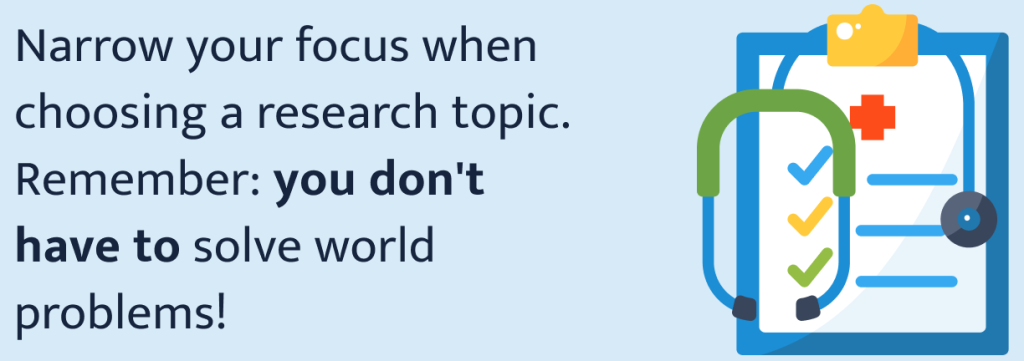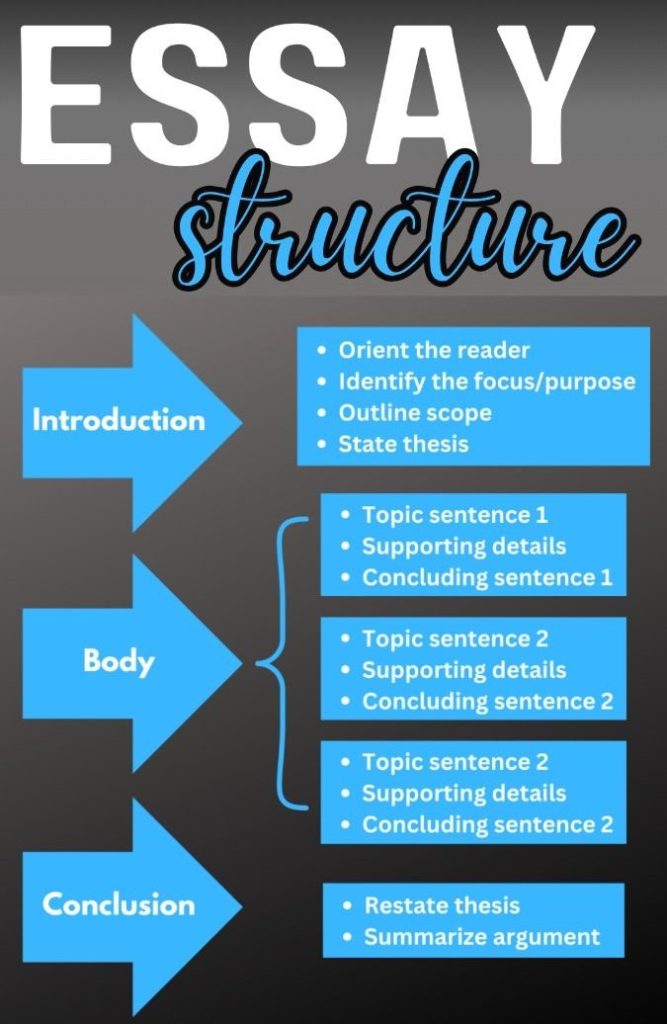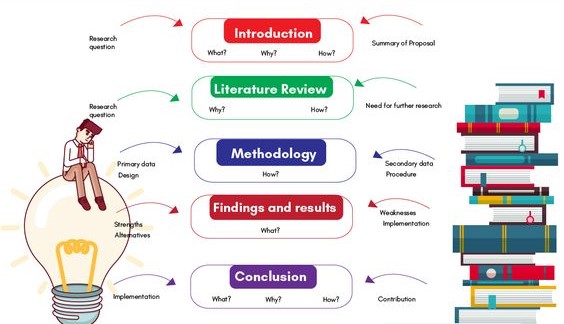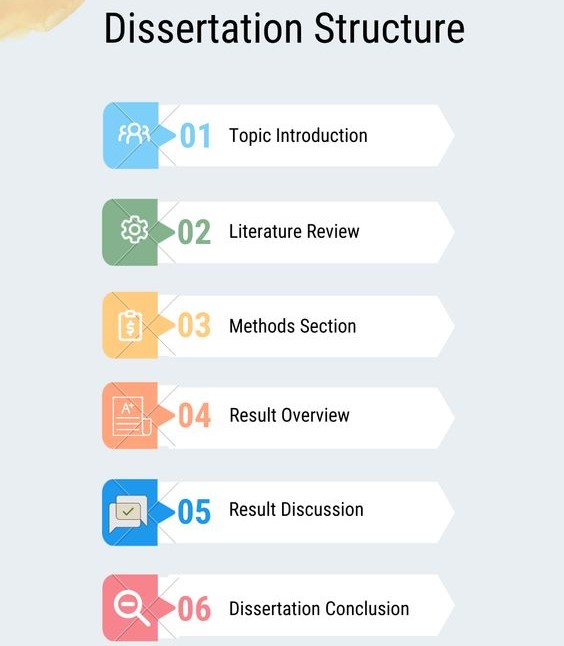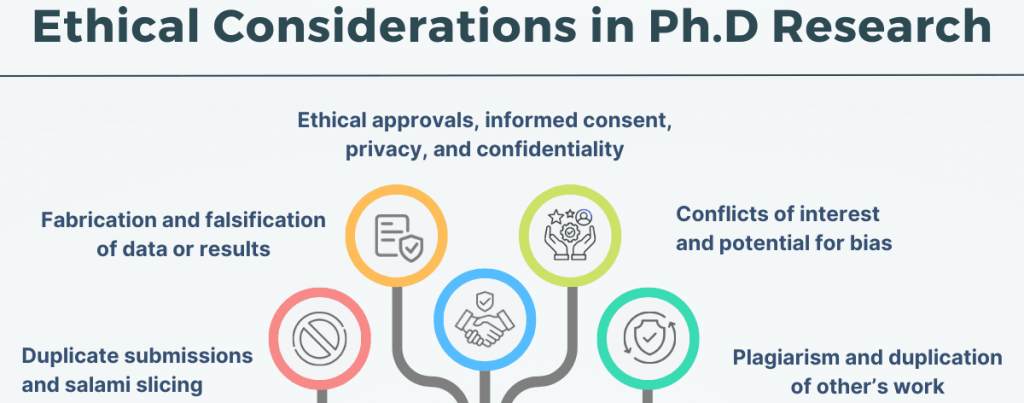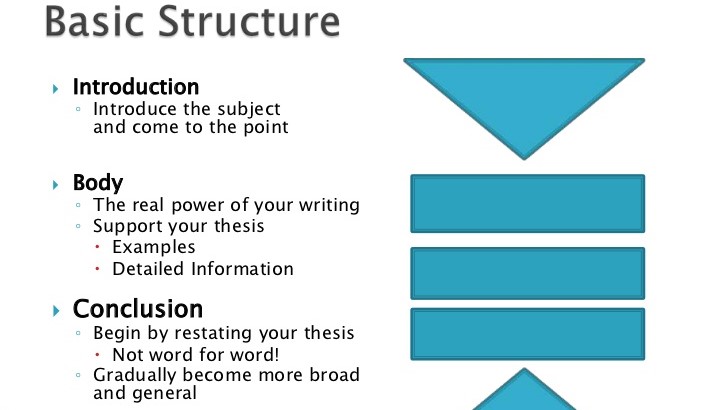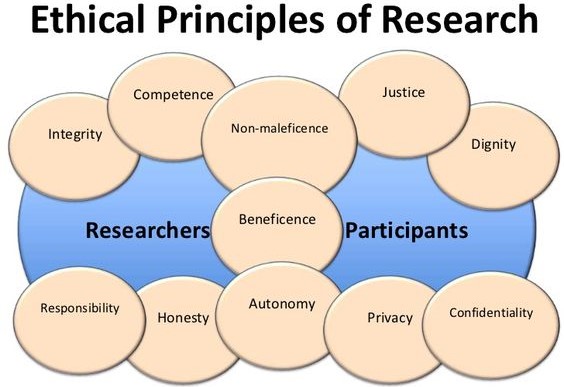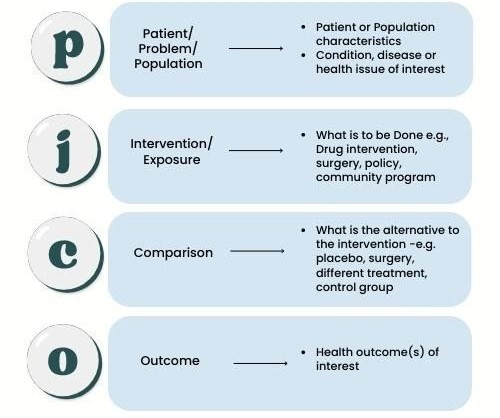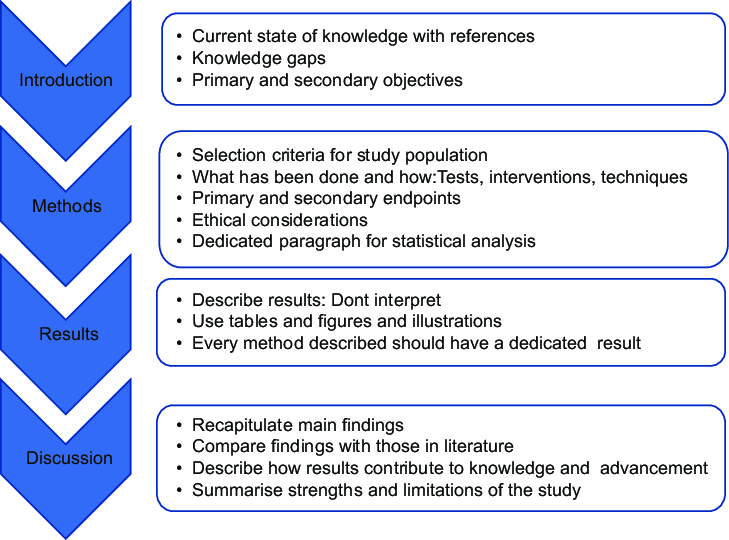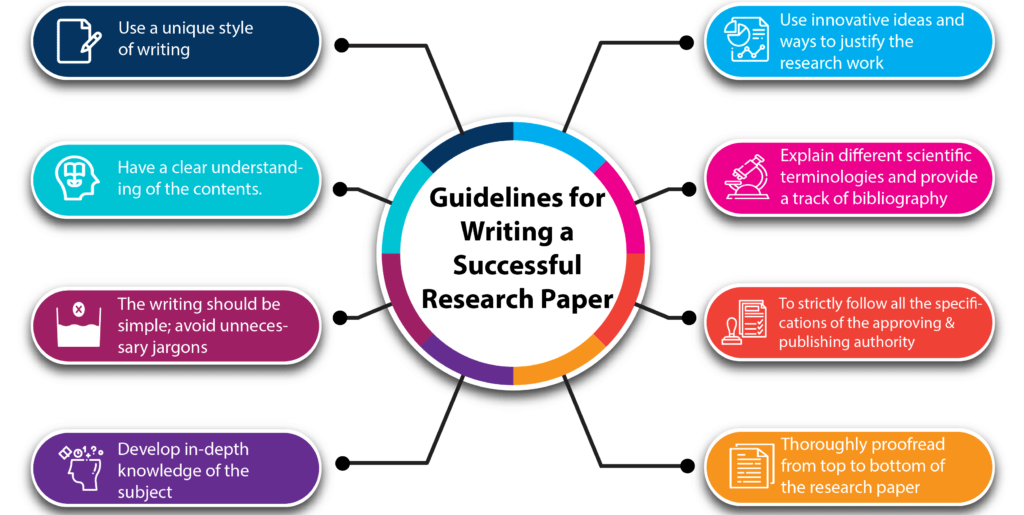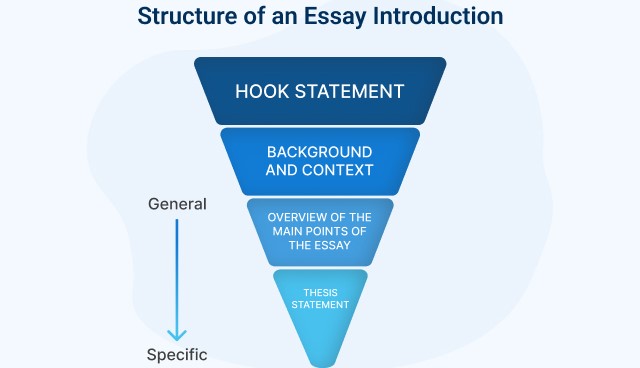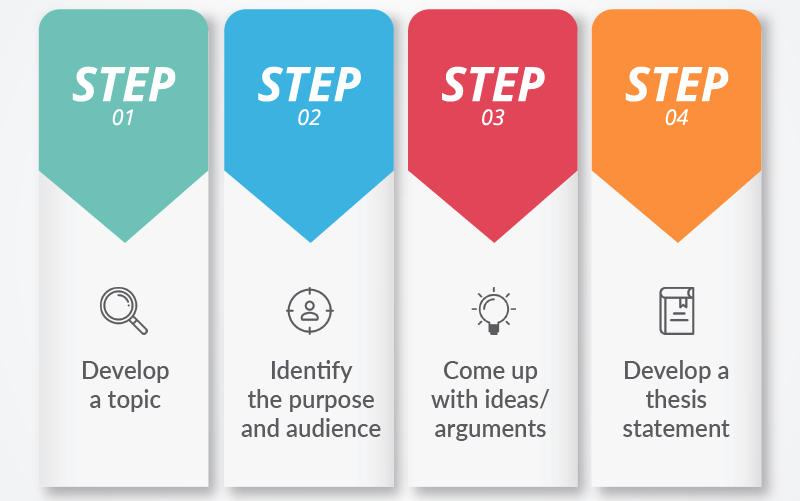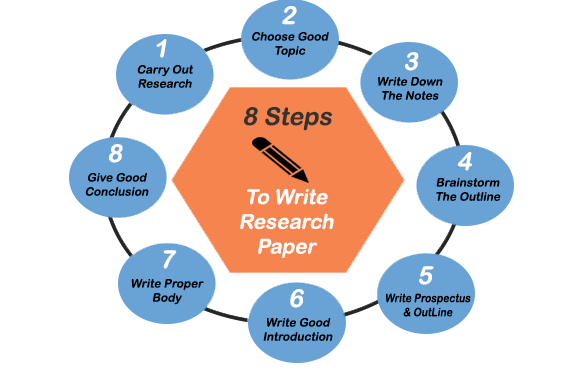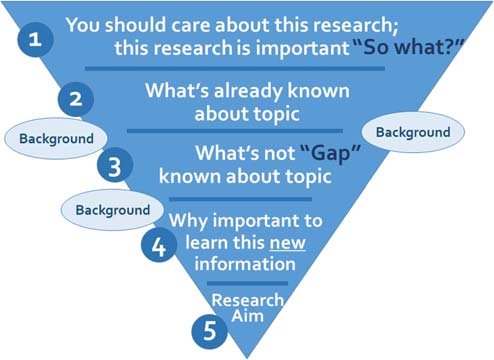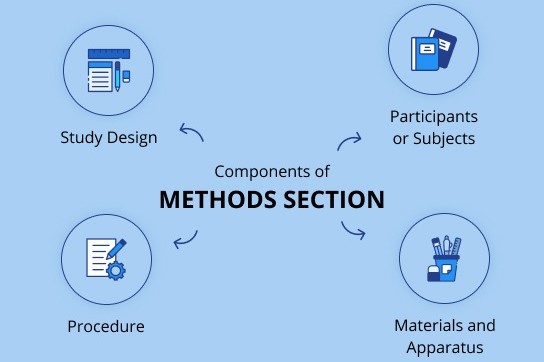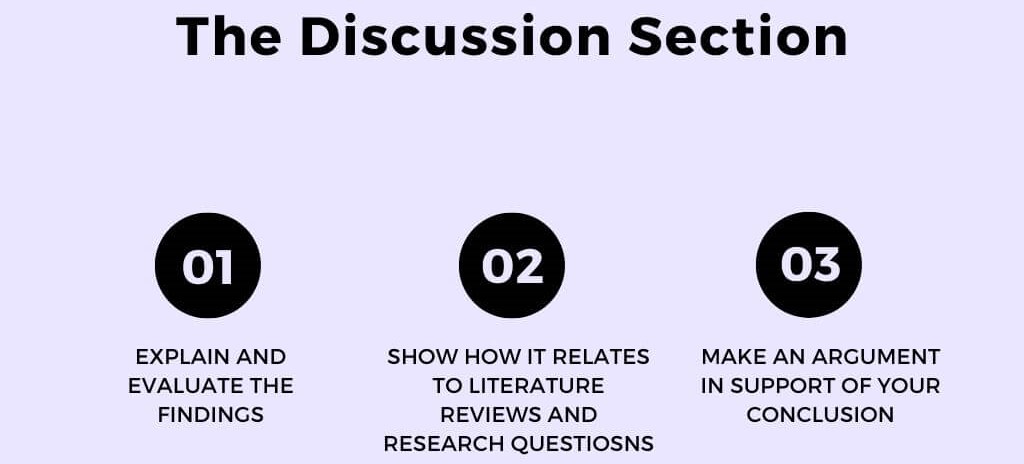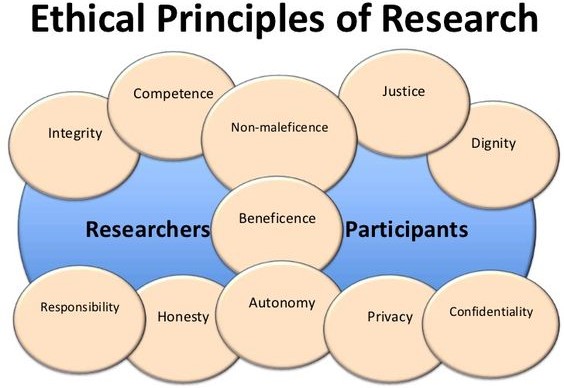
Table of Contents
The culmination of a nursing graduate program is often the writing of a thesis. This monumental task, while daunting, is also a unique opportunity to contribute to the field of nursing, showcase your research skills, and solidify your academic journey. This comprehensive guide aims to provide aspiring nursing thesis writers with a roadmap to navigate the complexities of nursing thesis writing, from initial idea generation to the final defense.
Definitive Steps for Stellar Nursing Thesis Writing
1. Choosing Your Nursing Thesis Topic:
The cornerstone of a successful nursing thesis is a well-defined, relevant, and manageable topic. This step requires careful consideration and involves several key aspects:
- Identify your interests: What areas within nursing pique your curiosity? Do you have a passion for specific patient populations, healthcare settings, or nursing interventions?
- Explore current research trends: Consult reputable nursing journals and databases to identify gaps in existing knowledge. Look for unanswered questions, conflicting results, or emerging issues within your chosen field.
- Consider feasibility: Assess your resources, time constraints, and access to data when selecting a topic. A narrow focus, while limiting the scope, can be easier to research and manage.
2. Crafting a Compelling Research Question:
Once a topic is chosen, a strong research question is the guiding force behind your nursing thesis writing. It should be:
- Specific: Avoid broad or vague questions.
- Measurable: The research question should be formulated in a way that allows for quantitative or qualitative data collection.
- Achievable: Ensure that the question can be addressed within the scope of your thesis and available resources.
- Relevant: The research question should contribute to the existing body of knowledge in nursing.
- Time-bound: Define a specific timeframe for your research, if applicable.
Example:
Topic: The Impact of Mindfulness-Based Interventions on Anxiety in Hospitalized Patients with Chronic Pain.
Research Question: What is the effect of a six-week mindfulness-based intervention on anxiety levels in hospitalized patients with chronic pain compared to standard care?
3. Literature Review: Foundation of Your Nursing Thesis Writing
The literature review serves as the bedrock of your thesis, providing context and establishing the foundation for your research. This crucial step involves:

- Comprehensive Search: Utilize reputable databases (PubMed, CINAHL, Cochrane Library, Nursing Papers) and search engines (Google Scholar) to locate relevant scholarly articles, books, and other resources.
- Critical Appraisal: Evaluate the quality and relevance of each source, considering the research methodology, findings, and limitations.
- Synthesize Information: Summarize, compare, and analyze the existing research to identify gaps, inconsistencies, and areas for further investigation.
- Organize and Structure: Organize your findings into logical categories and subcategories, ensuring a smooth flow of information.
4. Methodology: The Blueprint for Your Nursing Thesis Writing
The methodology section of your thesis outlines the research approach and provides a detailed plan for data collection and analysis. This section should clearly explain:
- Research Design: Choose the most appropriate design based on your research question, such as quantitative (e.g., experimental, survey), qualitative (e.g., phenomenological, grounded theory), or mixed methods.
- Sampling Strategy: Define the population of interest and the sampling method used to select participants (e.g., random sampling, purposive sampling).
- Data Collection Methods: Describe the instruments used to gather data (e.g., questionnaires, interviews, observations) and provide a rationale for their selection.
- Data Analysis Techniques: Outline the statistical tests (for quantitative data) or qualitative analysis methods (for qualitative data) used to interpret the collected information.
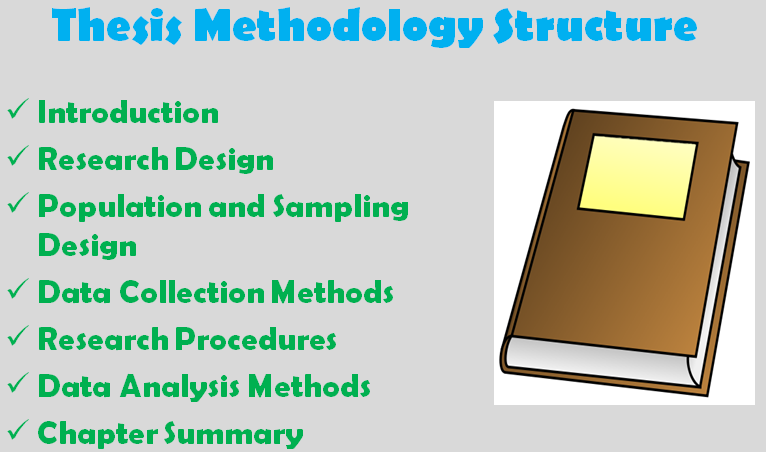
5. Data Collection: Gathering the Evidence
This phase involves putting your methodology into action, collecting data according to your established plan. Important considerations include:
- Ethical Review: Ensure that your research adheres to ethical guidelines and obtain necessary approvals from an Institutional Review Board (IRB).
- Data Quality: Maintain rigorous data collection procedures, ensuring accuracy, completeness, and consistency of the collected information.
- Data Management: Develop a systematic approach to organize and store your data securely and efficiently.
6. Data Analysis: Unveiling the Findings
This crucial step involves scrutinizing your collected data, interpreting the results, and drawing meaningful conclusions.
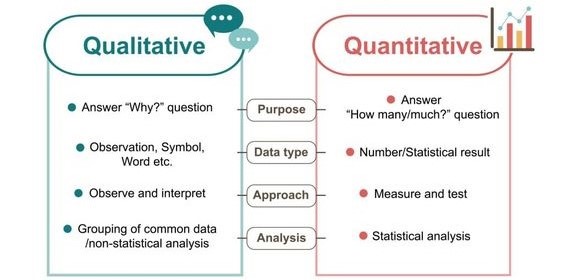
- Quantitative Data Analysis: Use appropriate statistical software (e.g., SPSS, R) to analyze numerical data and perform statistical tests to determine significant findings.
- Qualitative Data Analysis: Employ thematic analysis or other qualitative methods to identify patterns, themes, and insights from textual data.
- Interpretation: Draw inferences from the analyzed data, relating the findings to your research question, literature review, and existing knowledge in the field.
7. Discussion: Explaining and Connecting the Dots
The discussion section of your nursing thesis writing is where you synthesize and interpret the findings, placing them in the context of the existing literature and discussing their implications.
- Explain Findings: Clearly summarize the main findings of your research, focusing on both the statistically significant results and any unexpected outcomes.
- Compare and Contrast: Discuss how your findings align or contradict the existing literature, exploring any discrepancies or emerging trends.
- Implications for Nursing Practice: Explain the practical implications of your findings for nursing practice, suggesting potential interventions, policy changes, or areas for further research.
- Limitations: Acknowledge any limitations of your study, including potential biases, sample size, or methodological constraints.
- Future Research Directions: Propose areas for future research that build upon your findings and address remaining gaps in knowledge.
8. Conclusion: A Clear Summary and Final Thoughts
The conclusion section provides a concise summary of your nursing thesis writing. It should:
- Restate the Research Question: Reiterate the central research question that guided your study.
- Summarize Key Findings: Briefly summarize the major findings and their implications.
- Contributions to Nursing Knowledge: Highlight the significance of your research and its contribution to the existing body of knowledge in nursing.
9. The Defense: Your Final Challenge
The thesis defense is the culmination of your nursing thesis writing journey. This formal presentation and Q&A session with your committee provides an opportunity to:
- Present your research: Deliver a comprehensive and engaging presentation of your thesis, highlighting key findings and insights.
- Respond to questions: Articulate your research approach, methodology, findings, and interpretations clearly and confidently, addressing any questions from your committee.
- Showcase your knowledge: Demonstrate your mastery of the subject matter and your ability to think critically and defend your research.
10. Essential Tips for Success in Nursing Thesis Writing:
- Time Management: Set realistic deadlines and stick to them. Break down the writing process into manageable tasks and prioritize them effectively.
- Seek Guidance: Consult with your faculty advisor, mentors, and fellow students for support and feedback throughout the writing process.
- Professional Writing: Adhere to APA formatting guidelines and ensure clear, concise, and accurate writing throughout your thesis.
- Proofreading and Editing: Proofread your work carefully for grammar, punctuation, and spelling errors. Seek feedback from peers or a professional editor to ensure clarity and coherence.
- Stay Motivated: Remember the purpose and significance of your research. Celebrate milestones and seek support when needed to stay focused and motivated.
Writing a nursing thesis is a demanding but rewarding endeavor. By carefully navigating each stage, from topic selection and research question development to data collection, analysis, and defense, you can create a compelling and impactful piece of research. Remember that this journey is about more than just fulfilling a requirement. It’s an opportunity to make a meaningful contribution to the field of nursing, solidify your expertise, and prepare for a successful career as a nursing professional.
Key Takeaways:
- A well-defined research question is crucial to the success of your nursing thesis writing.
- A comprehensive literature review provides a foundation for your research and highlights existing gaps in knowledge.
- A robust methodology ensures the validity and reliability of your research.
- Rigorous data analysis leads to meaningful insights and conclusions.
- A clear and compelling discussion section connects your findings to the existing literature and highlights their implications for practice.
The thesis defense is an opportunity to showcase your research and engage in a meaningful dialogue with your committee.
Common Pitfalls in Nursing Thesis Writing and How to Avoid Them
Nursing thesis writing can be a daunting task, filled with potential pitfalls that can derail even the most dedicated student. Here are some common stumbling blocks and how to avoid them:
1. Lack of Clear Research Question: The foundation of any successful nursing thesis writing is a well-defined research question. Without it, the thesis lacks direction and focus. To avoid this, spend ample time brainstorming and refining your question until it is specific, measurable, achievable, relevant, and time-bound (SMART).
2. Limited Literature Review: A thorough literature review is essential for nursing thesis writing as it provides context, identifies gaps in knowledge, and informs your methodology. Avoid superficial reviews by exploring a wide range of sources, critically analyzing findings, and establishing a clear connection between your research and existing literature.
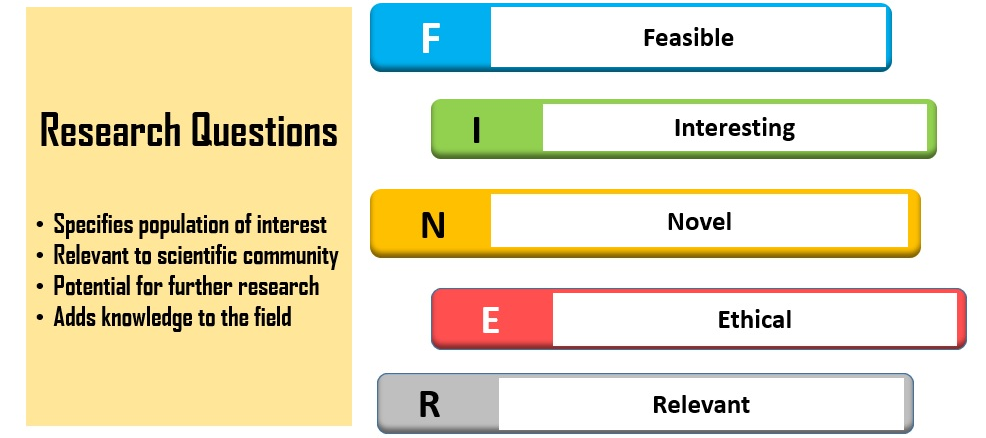
3. Methodology Mismatch: Choosing the appropriate research methodology is crucial for nursing thesis writing. Avoid selecting methods that don’t align with your research question or are not feasible for your resources. Carefully consider quantitative, qualitative, or mixed methods approaches based on your goals and limitations.
4. Inadequate Data Analysis: Strong data analysis is fundamental to nursing thesis writing. Avoid simply presenting raw data. Employ appropriate statistical techniques or thematic analysis methods to extract meaningful insights and support your arguments.
5. Weak Conclusion and Discussion: The conclusion and discussion section of your nursing thesis writing should not be a mere restatement of your findings. Go beyond summarizing data and provide a clear interpretation of your results, discuss their implications for nursing practice, and suggest future directions for research.
6. Poor Writing and Editing: Clarity and conciseness are paramount in nursing thesis writing. Avoid jargon and technical language that may be unclear to your audience. Spend time revising and editing your work for grammar, spelling, and flow. Seeking feedback from colleagues or professors can be beneficial.
By being aware of these common pitfalls and taking proactive steps to avoid them, aspiring nurses can navigate the challenges of nursing thesis writing and produce a high-quality thesis that contributes meaningfully to the field. Remember, writing a thesis is a learning journey, and seeking guidance from mentors and professors can be invaluable.
Examples of Compelling Nursing Thesis Topics
- The Impact of Mindfulness-Based Interventions on Stress and Burnout in Critical Care Nurses: This topic explores the potential benefits of mindfulness training for nurses working in a high-stress environment, examining its impact on well-being and patient care. This is a great example of a nursing thesis writing topic that explores a current issue in nursing.
- The Effectiveness of Telehealth in Providing Chronic Disease Management for Older Adults: This topic investigates the feasibility and impact of telemedicine in managing chronic illnesses among the elderly population, addressing accessibility and patient satisfaction. This topic is relevant to the changing landscape of healthcare and provides ample opportunity for nursing thesis writing.
- The Role of Cultural Competence in Promoting Health Equity Among Immigrant Communities: This topic explores the importance of cultural sensitivity and understanding in providing culturally appropriate care to immigrant populations, aiming to reduce health disparities. This is a timely topic that highlights the importance of cultural competency in nursing thesis writing.
- The Correlation Between Nurse Staffing Levels and Patient Safety Outcomes: This topic investigates the relationship between adequate nurse staffing and patient safety, analyzing the impact of understaffing on patient outcomes and hospital readmission rates. This is a crucial topic for nursing thesis writing as it directly impacts patient safety and healthcare quality.
- The Impact of Simulation-Based Training on Clinical Skills and Confidence in Nursing Students: This topic examines the effectiveness of simulation-based learning in developing essential clinical skills and confidence among nursing students, analyzing its impact on their preparedness for real-world practice. This topic provides opportunities for creative nursing thesis writing and research methods.
- Exploring the Ethical Considerations of End-of-Life Care in the Context of Advance Care Planning: This topic delves into the ethical dilemmas surrounding end-of-life care, analyzing the importance of advance care planning and patient autonomy in making informed decisions. This topic requires strong critical thinking and ethical analysis skills, which are essential for nursing thesis writing.
- The Role of Social Determinants of Health in Chronic Disease Management: This topic examines the influence of social factors, such as poverty, education, and access to healthcare, on chronic disease management, highlighting the need for a holistic approach to patient care. This is a socially conscious topic that aligns with the principles of holistic care in nursing thesis writing.
- Developing a Patient Education Program for Promoting Self-Management of Diabetes: This topic focuses on the development and implementation of an effective patient education program to empower individuals with diabetes to manage their condition effectively and improve their health outcomes. This topic allows for practical application of research findings in nursing thesis writing.
- The Impact of Nurse-Led Discharge Planning on Patient Satisfaction and Readmission Rates: This topic explores the role of nurses in coordinating discharge planning, analyzing its effect on patient satisfaction, readmission rates, and overall healthcare utilization. This is a practical topic with real-world implications for improving patient care and reducing healthcare costs in nursing thesis writing.
- The Effectiveness of Pain Management Strategies for Patients Experiencing Chronic Pain: This topic examines the effectiveness of different pain management strategies for individuals with chronic pain, evaluating their impact on pain perception, quality of life, and functional capacity. This topic offers opportunities for innovative research and implementation of new pain management techniques in nursing thesis writing.
These are just a few examples of compelling nursing thesis topics. The key is to choose a topic that is both relevant to the current landscape of nursing and personally interesting to you. Remember, the most successful nursing thesis writing is driven by passion and a genuine desire to contribute to the field.
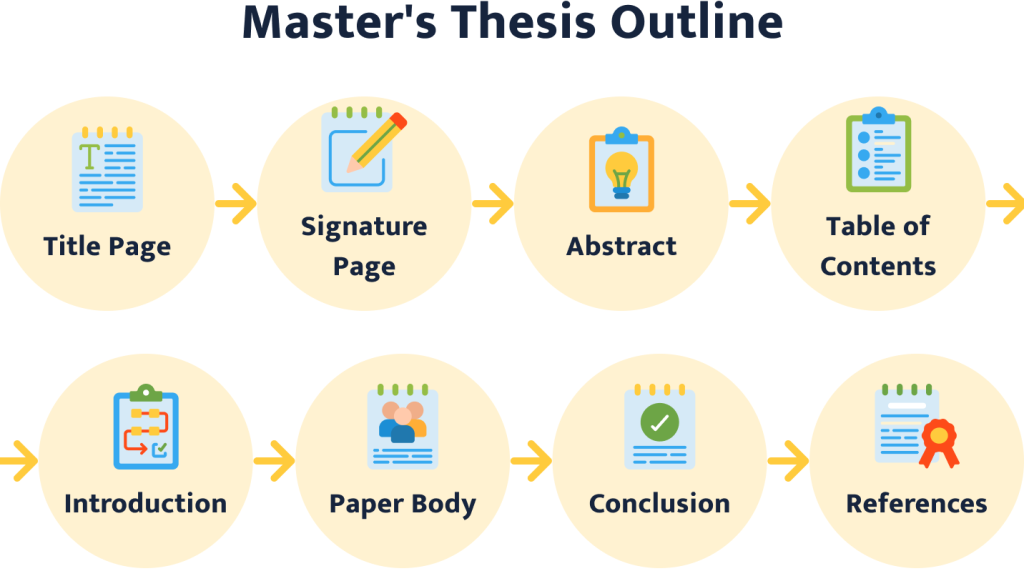
Frequently Asked Questions about Nursing Thesis Writing
- What are the essential elements of a successful nursing thesis?
This question delves into the crucial components that define a strong nursing thesis, focusing on research methodology, literature review, data analysis, and discussion. - How do I choose a relevant and manageable nursing thesis topic?
Finding a compelling topic for nursing thesis writing can be challenging. This question guides students toward identifying areas of interest, conducting preliminary research, and defining a focused research question. - What are the different types of research methodologies used in nursing thesis writing?
This question explores various research approaches, including quantitative, qualitative, and mixed methods, helping students understand their strengths and limitations for specific research questions. - How can I ensure ethical considerations are addressed in my nursing thesis?
Nursing thesis writing requires strict adherence to ethical guidelines. This question emphasizes the importance of informed consent, data privacy, and responsible research practices. - What are the key resources available to support me in my nursing thesis writing process?
This question highlights the importance of utilizing available resources, including faculty advisors, library databases, and online research tools, to guide and support nursing thesis writing. - What are the common mistakes to avoid during nursing thesis writing?
This question focuses on common pitfalls encountered during nursing thesis writing, such as inadequate literature review, insufficient data analysis, or neglecting ethical considerations. - How do I properly cite and reference sources in my nursing thesis?
Understanding citation styles and referencing formats is critical for academic integrity. This question explores popular referencing styles and emphasizes their proper use in nursing thesis writing. - What are the key steps involved in the nursing thesis writing process?
This question outlines the sequential steps involved in nursing thesis writing, from topic selection and research design to data analysis and manuscript preparation. - How can I effectively present and defend my nursing thesis?
This question addresses the final stage of nursing thesis writing, focusing on preparing for oral presentations and effectively defending research findings to a panel of experts. - What are the potential career implications of completing a nursing thesis?
This question highlights the benefits of completing a nursing thesis, such as enhanced research skills, advanced knowledge, and opportunities for professional growth and advancement.
With diligence, perseverance, and support, you can navigate the challenges of nursing thesis writing and achieve your academic goals.
Get Professional Nursing Thesis Writing Help
Writing a nursing thesis can be an overwhelming task even with all the above resources. However, you can easily avoid the stress when you order an original nursing thesis from PhD Nurse Writer. We offer professional nursing thesis writing help for Master’s and Doctoral nursing programs. Our writers can also assist you with writing nursing essays, research papers, case studies and dissertations.



